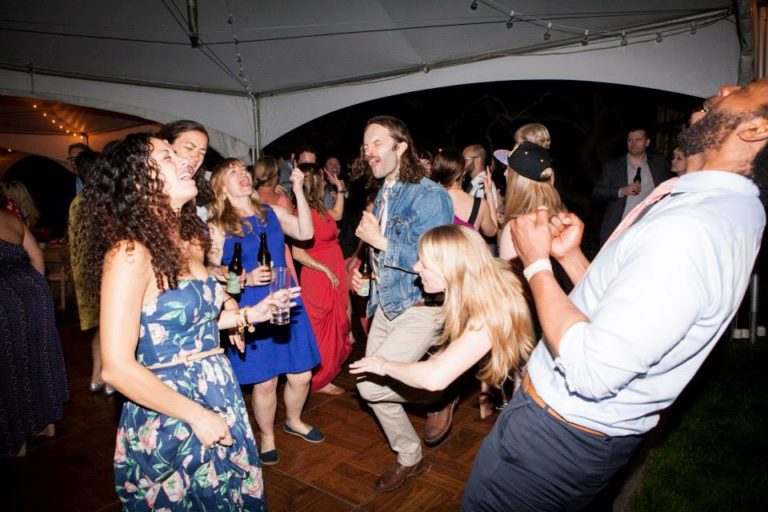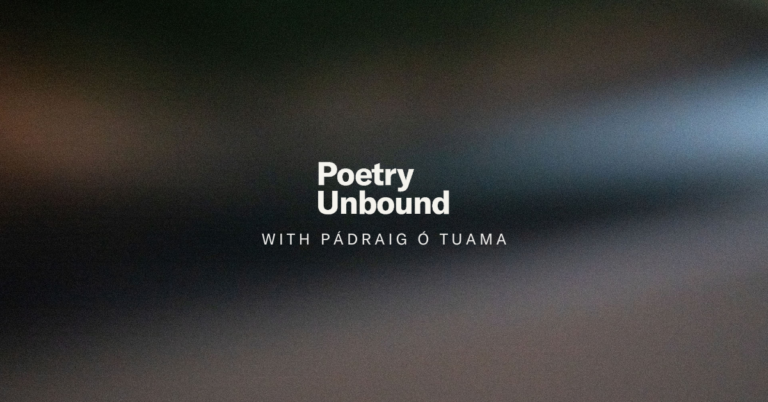
Image by Claire Mazur, © All Rights Reserved.
The Thin Places We Share: The Role of Spirits in Our Quest for Ritual and Self
We were driving down a tree-covered street in the family mini-van when I made my eight-year-old declaration: “When I’m an adult, I’m never going to drink.”
“Interesting,” said my mom, a woman who liked the occasional Sea Breeze just fine. “Why is that?”
“Why would you drink?” I shot back.
“For starters, it makes social interaction easier for some people — helps them loosen up,” she answered.
“Well, I don’t ever want to need anything fake in order to interact with other people.”
Heartbreak of all kinds has muddled my black and white instincts, but, back then, I was prone to righteous declarations. A relentless observer, so much of what “the adults did” made little sense to me. It wasn’t the inherent danger of alcohol that worried me (I, thankfully, hadn’t been exposed to much of that yet), so much as the crutch of it. It seemed weak. Inauthentic.
And then junior high happened. If anything will drive one to drink, lord knows it is the awkwardness associated with those in between years. I tasted my first beer then — a Honey Brown Ale in neighbor friend’s kitchen, snuck from her older brother’s stash — and though it was disgusting, I liked the taste of rebellion.
Like most American kids, I drank in high school — St. Ide’s Special Brew, a malt liquor I associated with the hip hop music I grew up listening to, and disgusting concoctions like Captain Morgan rum in 7-11 Slurpees. Then I drank a lot in college — vodka tonics mostly. In my 20s, I started sipping whiskey on the rocks like a lot of my girlfriends; it was a feminist stand in brown, lip-loosening liquid.
By now you’re thinking that this is a long-winded way of disclosing that I’m an alcoholic, but in fact, I’m not. I realize that it’s so unusual for people to critically examine even so-called normal drinking in our culture that, the second you start to explore the subject, people expect an admission of some kind. But this isn’t that kind of essay.
This is an essay about alcohol, but also about ritual.

The last couple of years have been relatively dry for me. I was pregnant and now nursing. In both cases, I’ve enjoyed a rich glass of Malbec or a hoppy Racer 5 (good for milk production!) on a pretty regular basis, but I haven’t been anything more than slightly tipsy in a long time.
Being the sober person at the occasional bar or frequent wedding (I am in my early 30s) has put me back into that little girl place of observing and wondering. Why do we drink on such a regular basis? What does it do for us?
Is what it does worth it when there is such a danger of crossing the line into disease? I was fascinated by the recent recap of the longest running human development study out of Harvard that concluded that alcohol was the number one risk for an unhappy life among men. The NIH reports that 17 million adults suffer from alcohol use disorder.
You don’t need a DSM-5 to realize that part of it is about dealing with anxiety — social, chronic, and of the more existential variety. When my inbox is overflowing or my heart heavy with some lingering conflict with a loved one, a drink helps to shake my focus free of the hard stuff. It blurs the lines of my to do list.
But there’s something else at play here, something even more alluring than a muting of my anxious energy. Drinking is the organizing force for some of my most meaningful communal moments.
In my 20s, this looked like me, jumping up and down surrounded by my favorite humans, hair flying wildly, as Kelly Clarkson’s “Since You’ve Been Gone” blasted out of the speakers. My dear friend Pete on the turntables. The expanse between 10 pm when we first left our cramped apartments in search of an ecstatic experience until 4 am when the bars closed was what the ancient Celts called a “thin place” and a “thin time” — places and times where the veil between heaven and earth, between the temporal and eternal, wear thin.
Sound like too sacred a descriptor to be associated with the dark corners of basement bars in Brooklyn? Think again. In the proverbial arms of the people you love the most, for a brief moment, completely unselfconscious about what you’re accomplishing or how you look, moving your body instinctually, joyfully, losing yourself to a beat, a kiss, a joke. It’s Csikszentmihalyi’s flow to a Kanye West beat.
Is alcohol — “spirits” as it were — necessary for that kind of “thin time,” that kind of “thin place”? “Dry bars” are popping up all over Britain, thanks to Jacquie Johnston-Lynch, whose brother was killed by a drunk driver. San Franciscan entrepreneur Chelsea Rustrum hosts parties where people are expected to turn their cell phones off and drink nothing stiffer than a strong coffee; it’s not for recovering alcoholics, but distraction detoxing hipsters.

But as much as I support these spaces and the all too rare opportunity that they offer to be communal without liquor, I also have to admit that I don’t see the same potential for a true suspension of self. I feel bad writing it, the eight-year-old part of me still frustrated that the 34-year-old me can’t “get there” without drink. But it’s true. I’ve had all sorts of powerful experiences since I’ve been more sober these past couple of years (probably more powerful, in fact), but none of them were similar to the endless nights of drinking and dancing that characterized my 20s. That is a special kind of ritual.
In my 30s, I’m losing myself less, but alcohol is still at the center of many meaningful moments. My friend braved his way through fire academy and we toasted the realization of his dream, the support of his partner, the gathering of our growing families. Last month, we all went up to the confluence of the Russian and Navarro rivers to camp, tasted wine in the morning (my strategy is to keep my palette ignorant and cheap) and, when the sun got too hot, we packed our lunch down to the most perfect watering hole on Planet Earth, threw the babies in, and — you guessed it — drank. As the little fish nibbled at the dead skin on our heels (“you pay big bucks for this in fancy spas,” we reassured one another with delight) and my daughter Maya bobbed happily in her huge, orange sun hat, time was suspended in a way it rarely is now that naps are the relentless tyrants of our days.
Late at night we put the babes to bed and gathered in the dark around the fire, looking up at the comforting blanket of stars and laughing our asses off. Arnold, the Buddha among us, said, “Expect less and love people more.” It’s been echoing in my head ever since.
I don’t know if I would have gotten that out of him had the Pliny Elder not been flowing. Maybe that’s sad. Maybe that’s life. Probably both, depending on how pure or heartbroken your perspective. I know for sure that in a culture with too few rituals, I’m deeply grateful for these. I still haven’t decided how I feel about the necessity of the drink.

